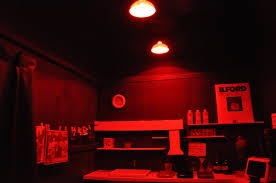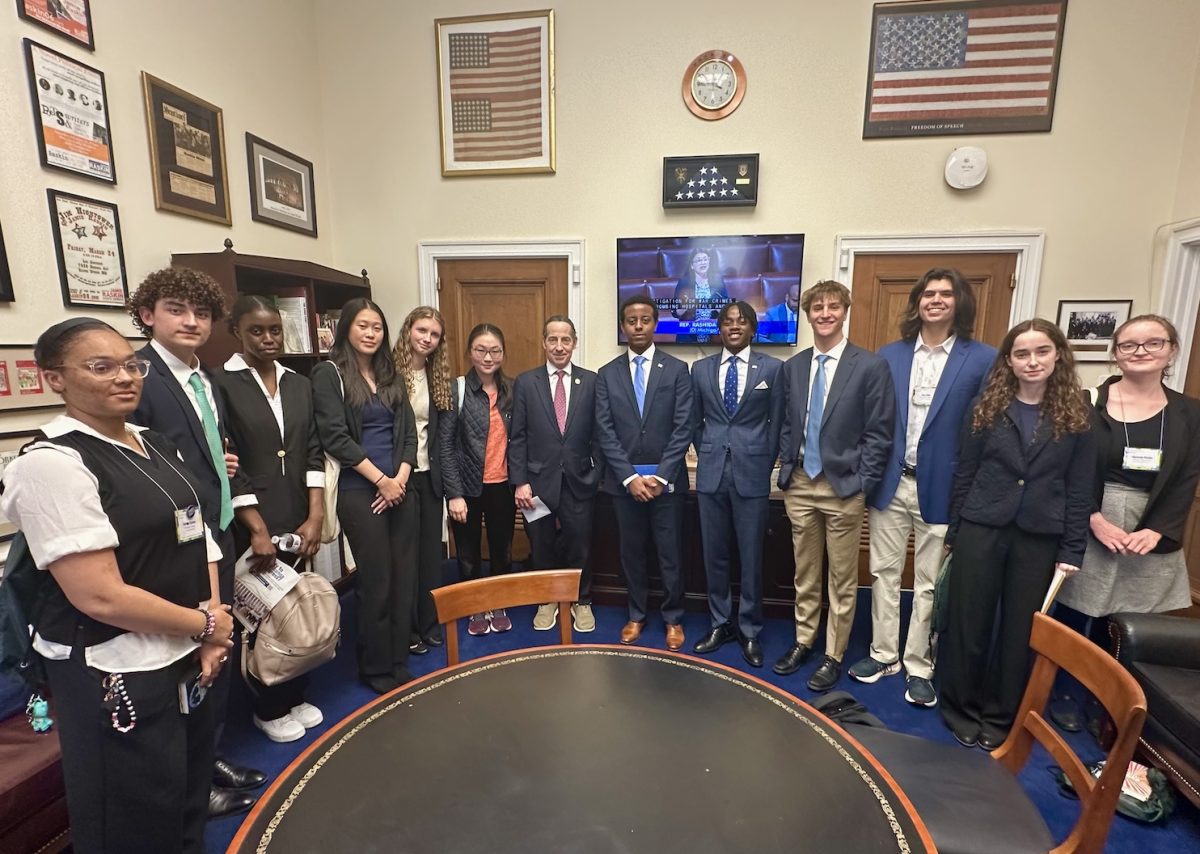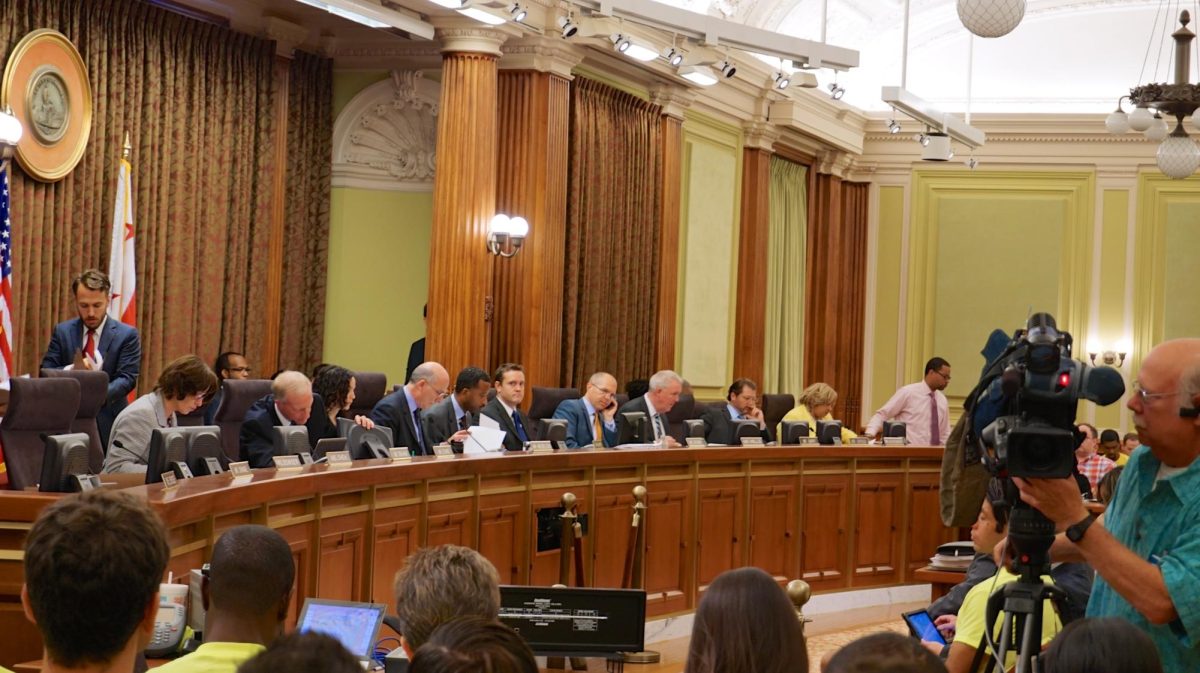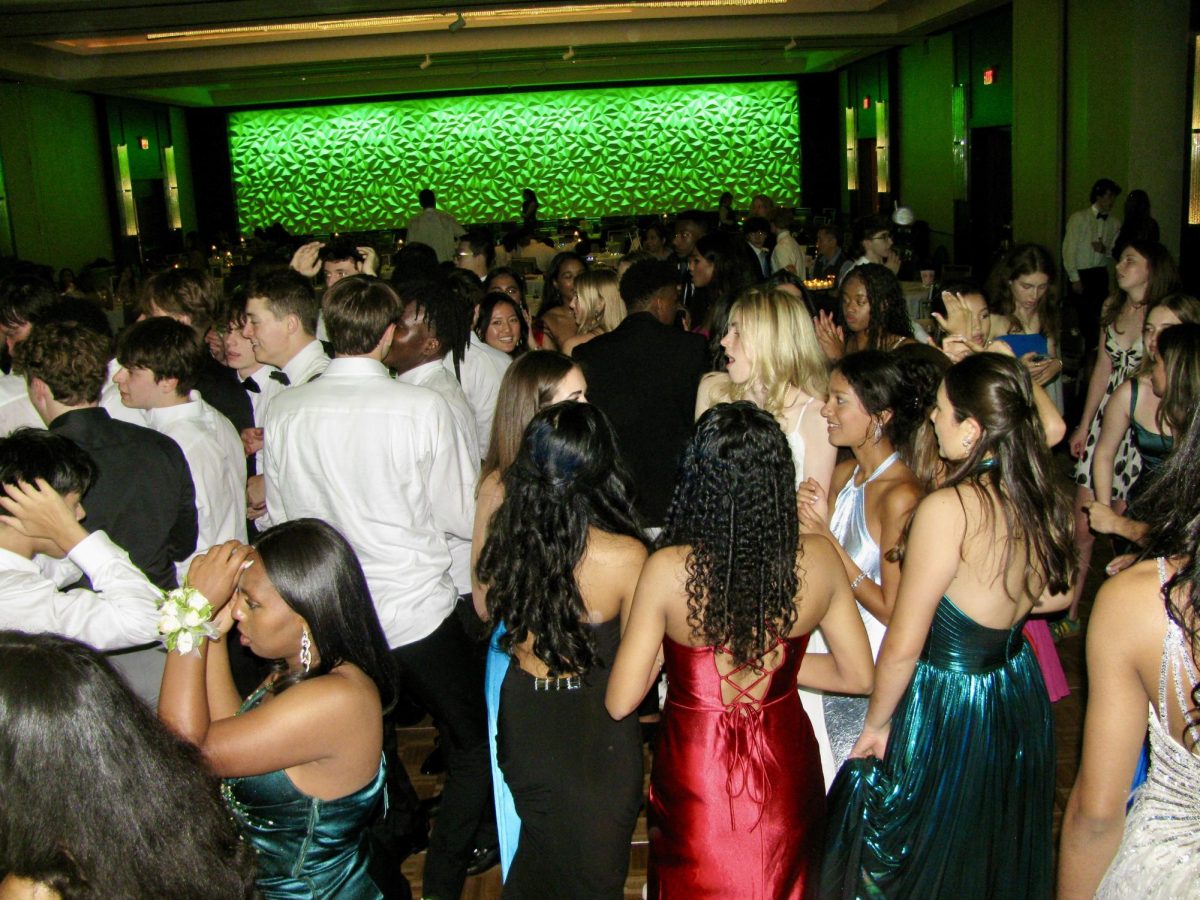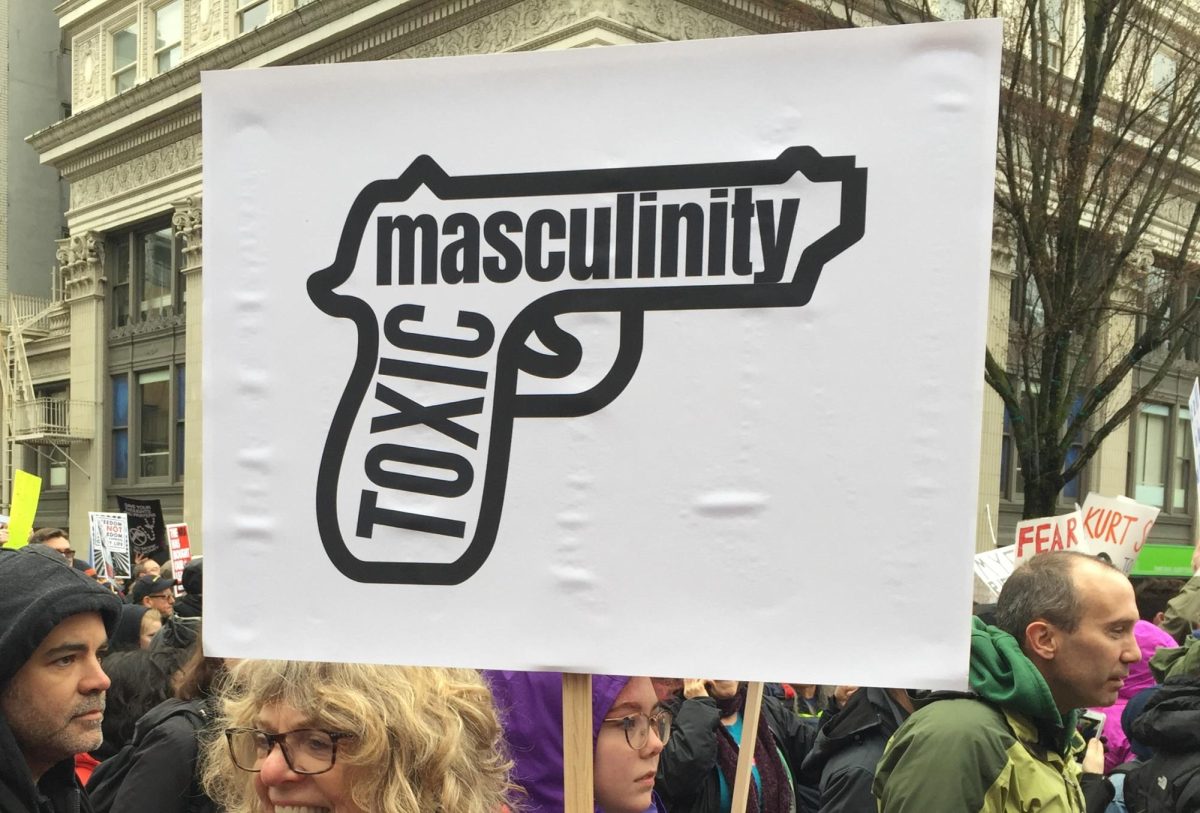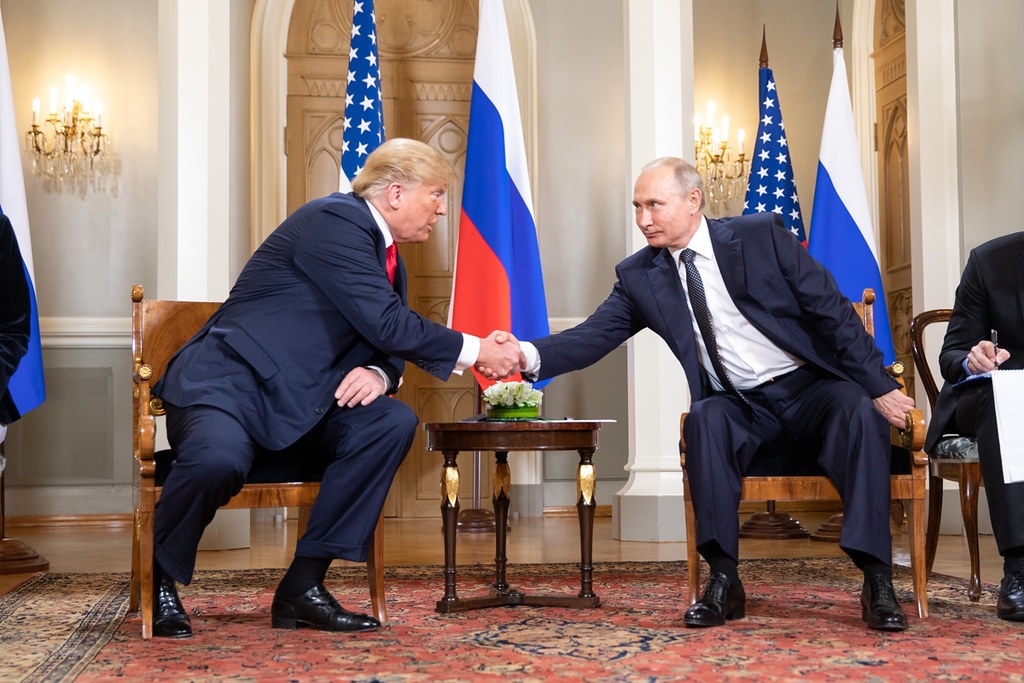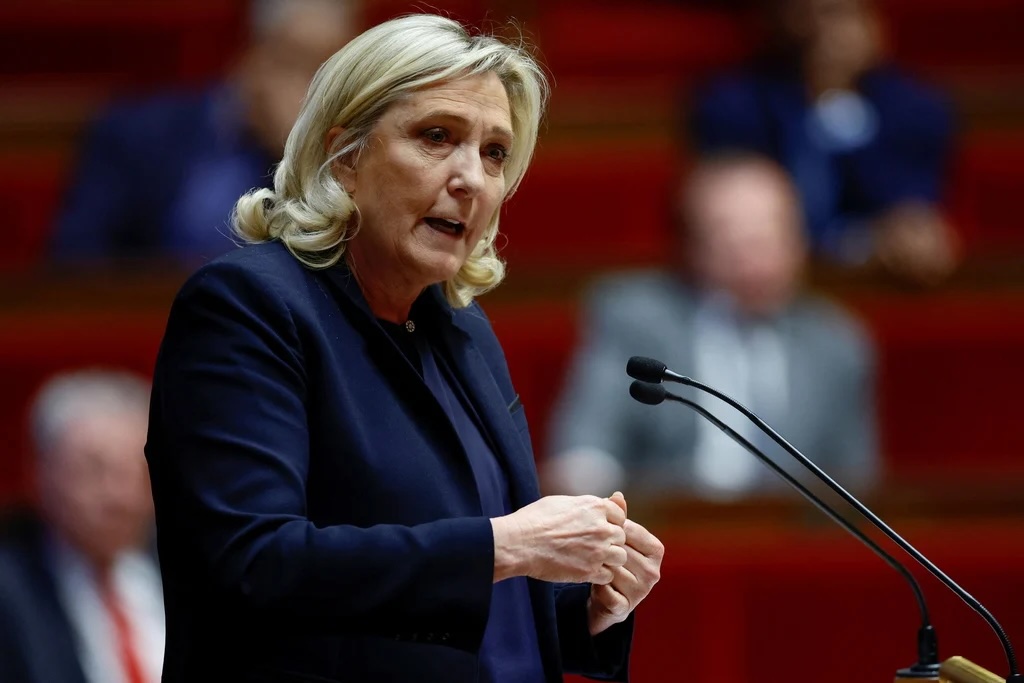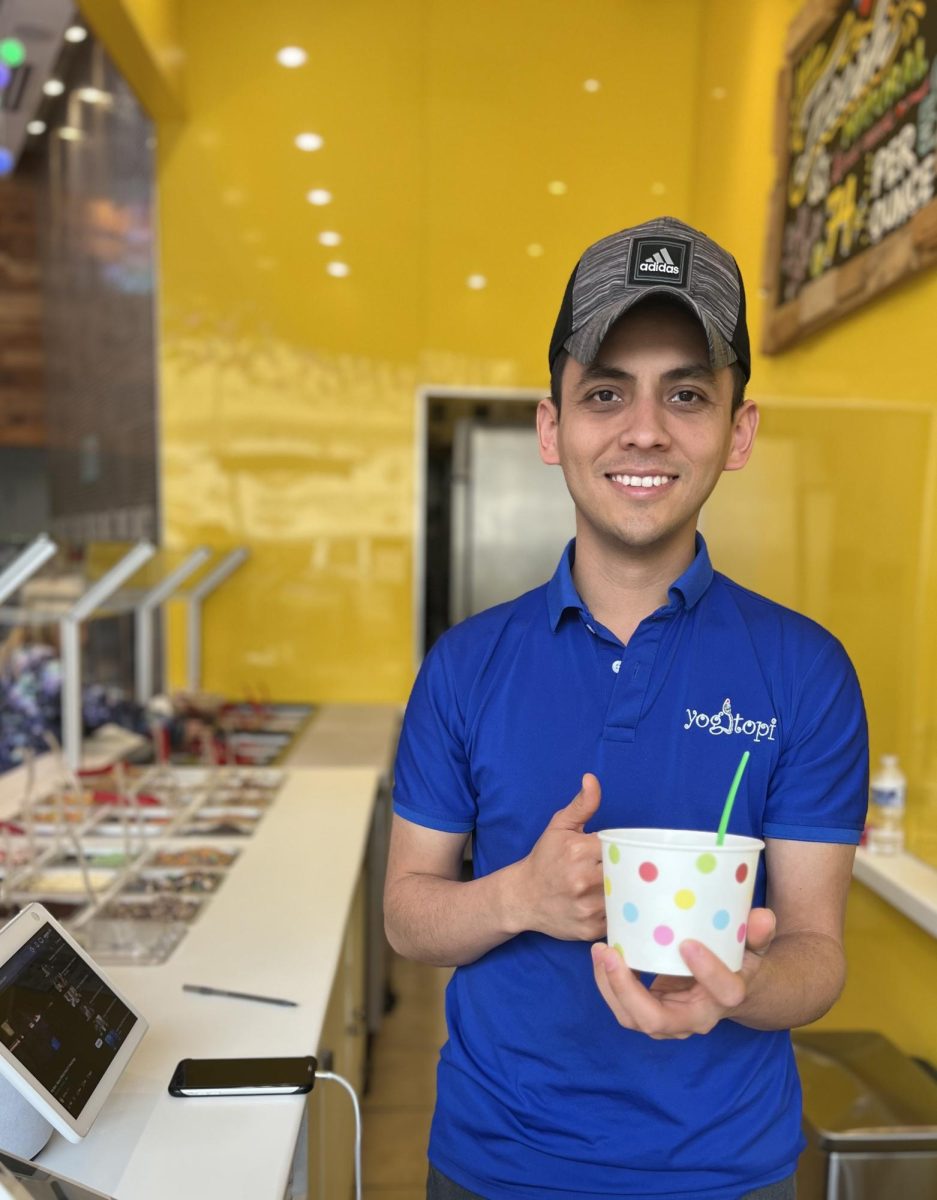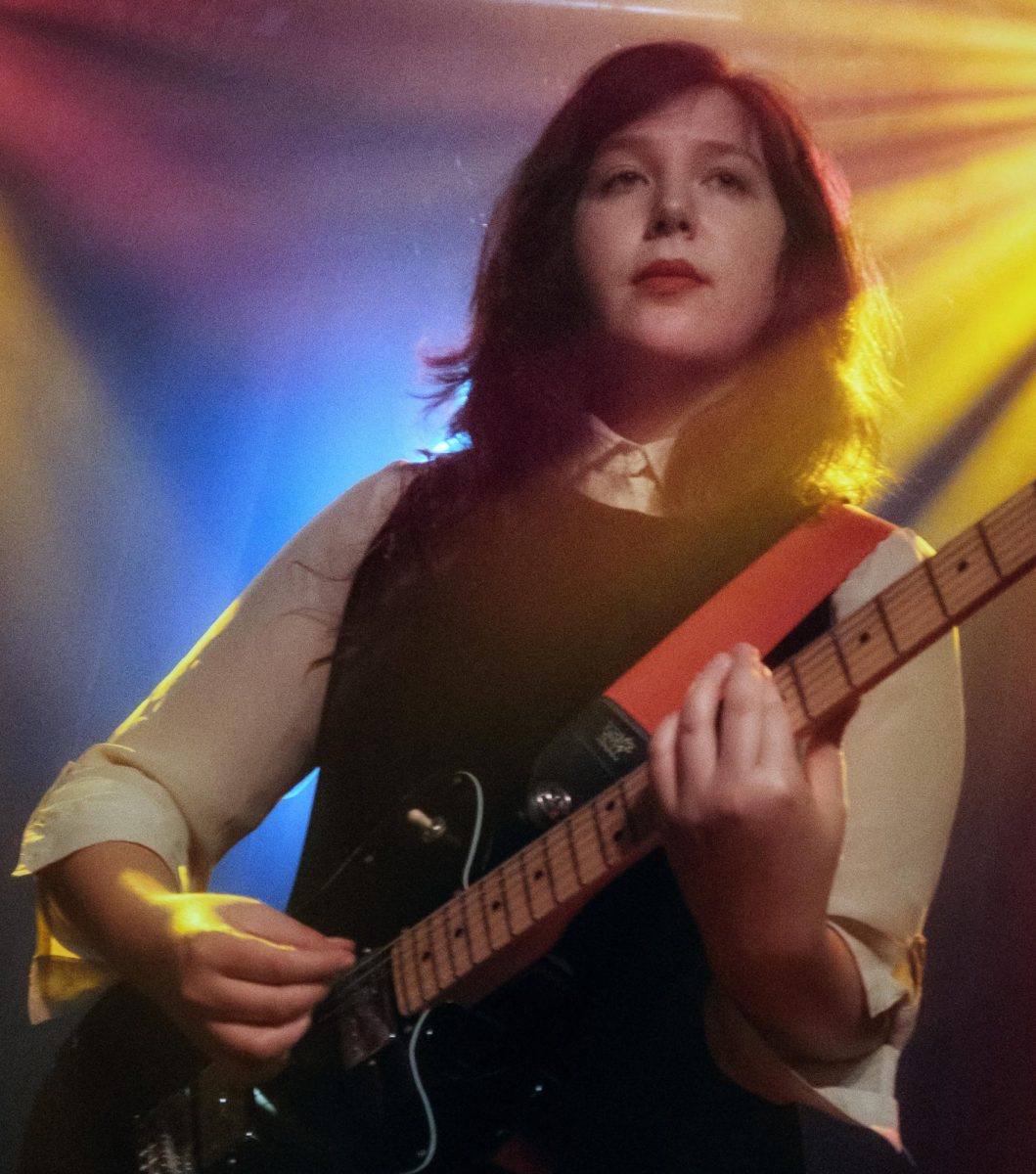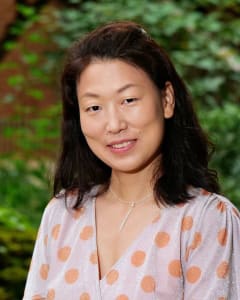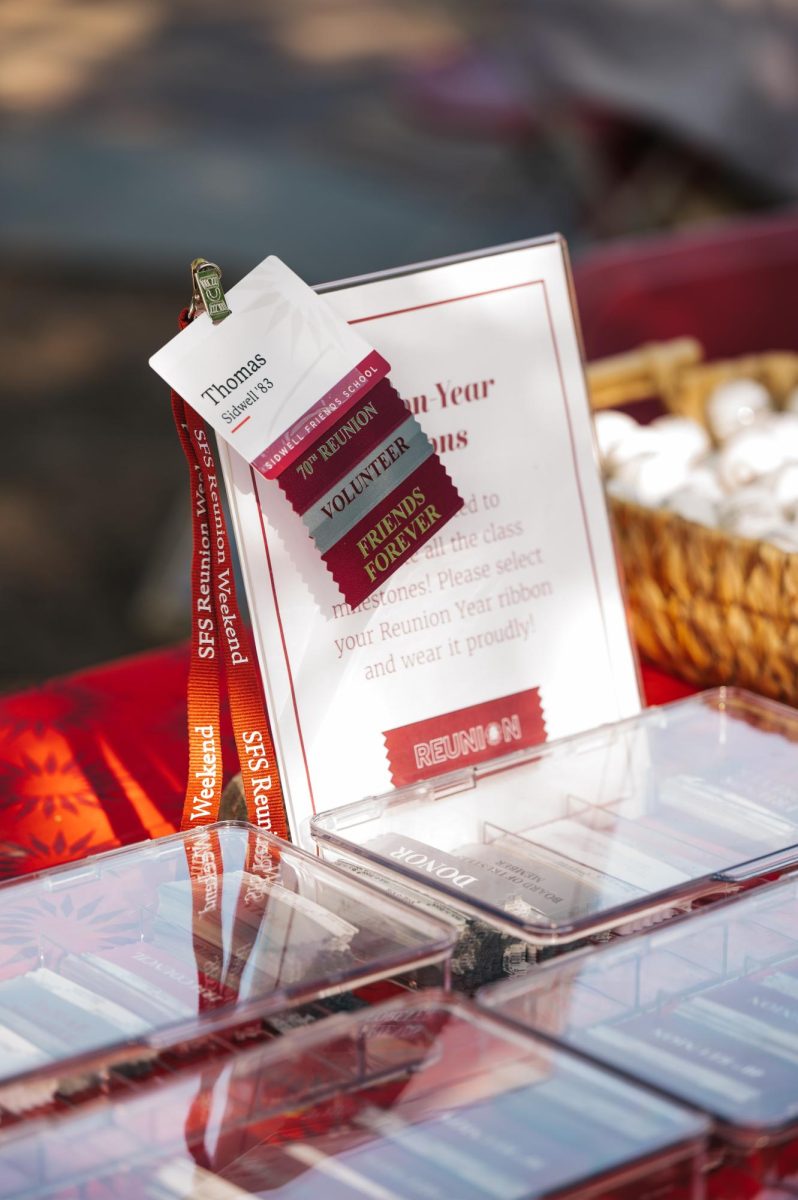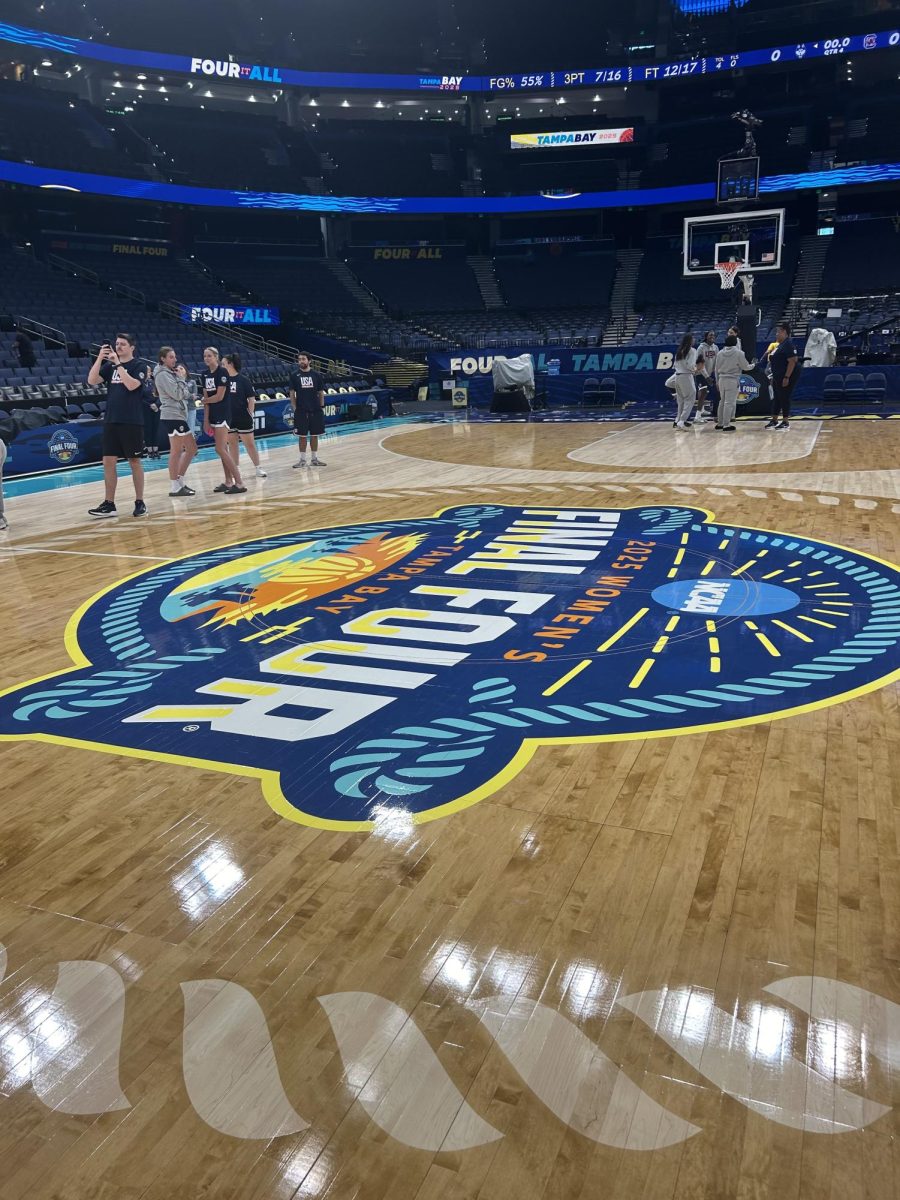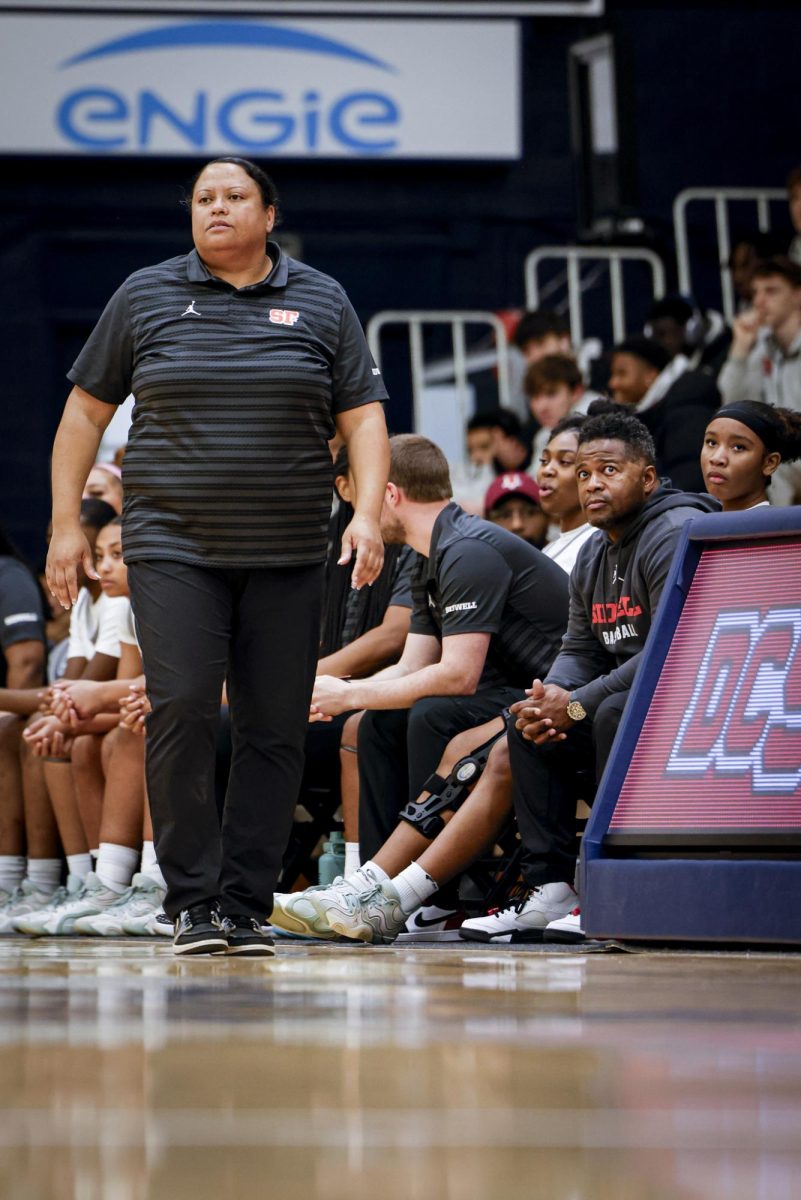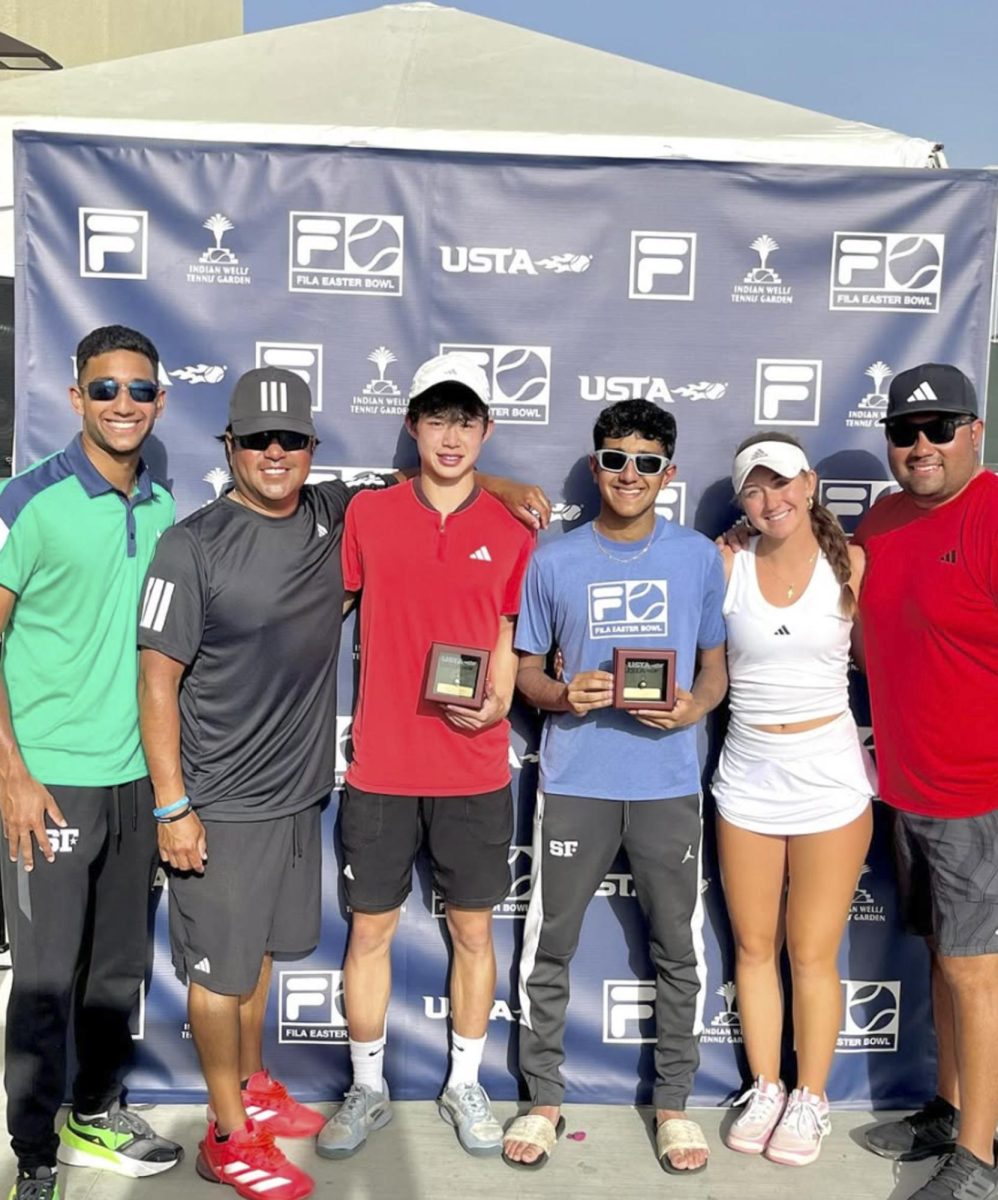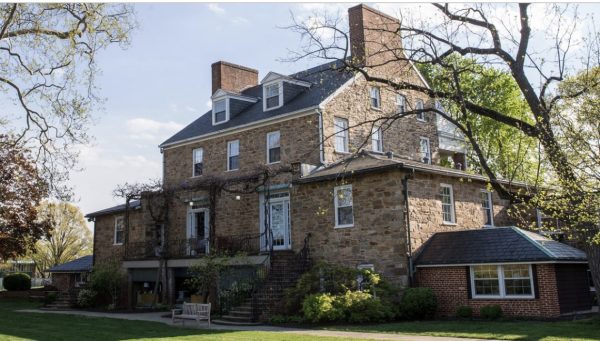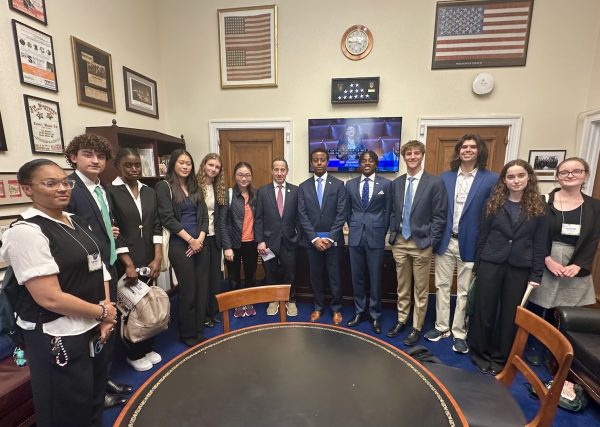Debate Team Finds Success at Nationals
From April 23-25, the Sidwell Friends debate team competed at the Tournament of Champions (TOC), one of the most competitive national championship tournaments for high school debaters. Three Sidwell juniors participated in the tournament, competing against hundreds of other debaters from schools across the country.
“Even qualifying for the Tournament of Champions is quite an achievement, so it’s even more amazing that Sidwell’s debate club had three students who not only participated but [also] broke into the elimination rounds at this extremely competitive tournament,” Upper School English Teacher Brian Loo, who serves as the faculty advisor for the debate club, explained.
Despite the tournament’s competitiveness, junior Sean Wallace took top speaker in a field of 100 debaters in the Lincoln-Douglas division, where students debate values-based topics one-on-one. To accomplish this feat, Wallace received near-perfect scores from six different judges, earning 177.7 points out of 180 possible points. In addition to being the first place speaker, they reached the octofinal round of the tournament, receiving an automatic qualification to next year’s TOC.
Wallace faced steep competition, as each of the debaters attending the tournament had to perform extremely well during regular season competitions to qualify. But qualifying was only the beginning.
“TOC might as well stand for Tournament of Craziness,” said junior Milan Chander, who also qualified for and competed at the TOC. “It’s nonstop debating — four or five rounds per day, each of which lasts hours, following months of work qualifying and preparing,” he explained.
Wallace also grappled with the additional struggle of being sick.
“I had a horrible sore throat,” they said. “I had to go through a 30-minute routine in order to talk without being in agony — it was hard to push myself through and compete, but I really wanted to do well.”
Wallace’s ability to debate well despite an illness is a testament to the extensive preparation they did prior to the tournament. For months before the TOC, they read hundreds of pages of literature, cut evidence and debated practice rounds.
“Doing practice rounds against people who were ranked higher than me helped a lot,” they explained. “I lost a lot of those rounds, but I got better from them.”
Wallace credits these rounds, along with hours of close reading, for preparing them for the tournament’s rigor.
“In the double-octofinal round against [a team from] Plano East, I gave one of [my] best speeches,” they said. “One of the judges said I demonstrated the perfect balance of deep … knowledge of critical theory and an ability to rigorously contest the affirmative policy.”
Other members of the debate team have witnessed Wallace’s dedication.
“I’ve been practicing and preparing for debate with Sean for two years,” said Chander. “No one deserved success as much as them.”
For Wallace, earning top speaker was especially meaningful after the months of effort.
“It’s been something I’ve been working towards for so long, and it felt like an affirmation of all the work I put in,” they said. “You can’t always control if you win every round, but I was proud to show the country what I have.”
In addition to Wallace’s accomplishments, Sidwell debaters have achieved significant success as a team.
Sidwell’s Public Forum debate teams took first and second place at Metrofinals, the season championship tournament for the Washington area. These achievements qualified the four students to compete against 3,000 other students at Grand Nationals, the first in-person debate tournament that Sidwell debaters will attend since the pandemic began.
The team has much to look forward to in the future.
“I’m pretty new to this role and still learning myself, but I look forward to supporting Sidwell’s debaters next year as they go back to in-person tournaments and train the future of our debate club,” Loo said.
Though the team has achieved much competitive success, Wallace said that the greatest part of the activity is the people.
“Being in a community of incredibly intelligent people who all love the process of learning and refining arguments not only makes you a better writer and thinker, but also gives you some of the best friends you’ll ever make,” Wallace said.
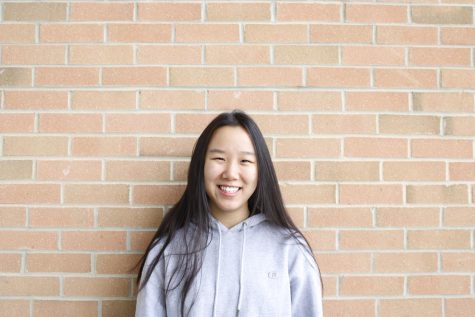
Irene Zhao is currently Editor-in-Chief of Horizon. She served as a News Editor in the 2021-2022 school year. Prior to that, she worked as a Staff Writer...






